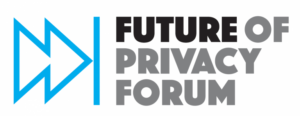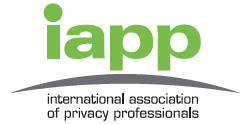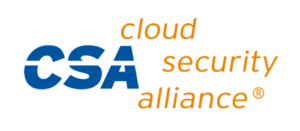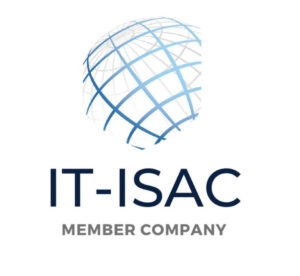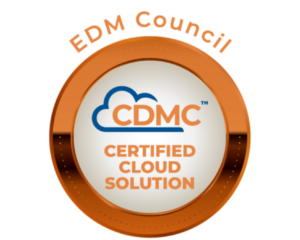Identifique y mapee todos sus datos
Encuentre e inventarie su información privada y datos de alto riesgo para obtener una visión clara y completa de todos los datos que almacena y mantiene, no solo los datos que conoce.
La Ley NY SHIELD, que entró en vigor en Nueva York el 21 de marzo de 2020, se aplica a cualquier persona o empresa que posea o licencie datos computarizados que incluyan información privada de un residente de Nueva York.
NY SHIELD requiere que estas organizaciones, denominadas “empresas cubiertas”, implementen y mantengan medidas de seguridad razonables que protejan la seguridad, la confidencialidad y la integridad de la información privada de los residentes.

Para lograr y mantener el pleno cumplimiento de NY SHIELD, las empresas cubiertas deben implementar y gestionar programas de seguridad de datos que incorporen medidas de seguridad “razonables” sobre la información privada de los neoyorquinos.
Estos programas de seguridad deben incluir protecciones administrativas, técnicas y físicas en toda la empresa.
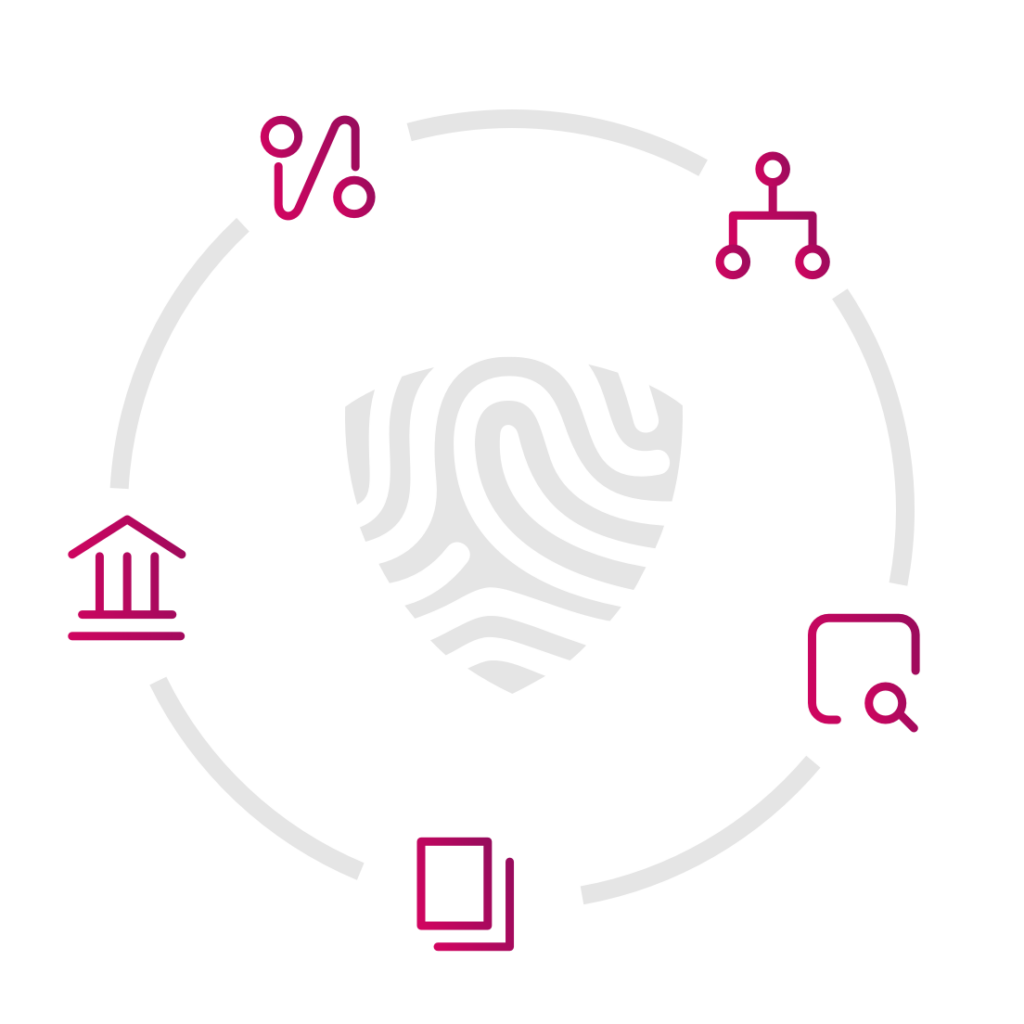
Antes de la Ley NY SHIELD, las empresas solo estaban obligadas a proporcionar notificaciones de violaciones de datos según la ley de notificación de violaciones de Nueva York, que solo cubría a las organizaciones que realizaban negocios dentro del estado de Nueva York.
NY SHIELD amplió el alcance de las “empresas cubiertas” a “cualquier persona o empresa que posea o licencie datos computarizados que incluyan información privada” de un residente de Nueva York.
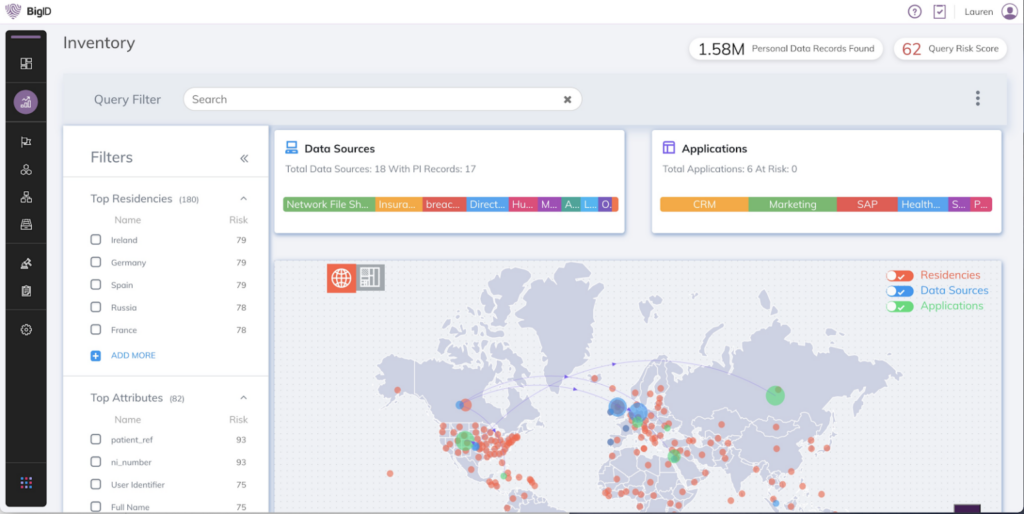
Un subconjunto de información personal, la “información privada”, es el tipo de datos regulados por NY SHIELD.
La información privada incluye combinaciones de nombre de usuario y contraseña que permitirían el acceso a una cuenta en línea, datos biométricos y números de cuenta o tarjeta de crédito utilizados sin otra información de identificación.
Las empresas deben poder clasificar y correlacionar información privada para encontrar relaciones entre puntos de datos.
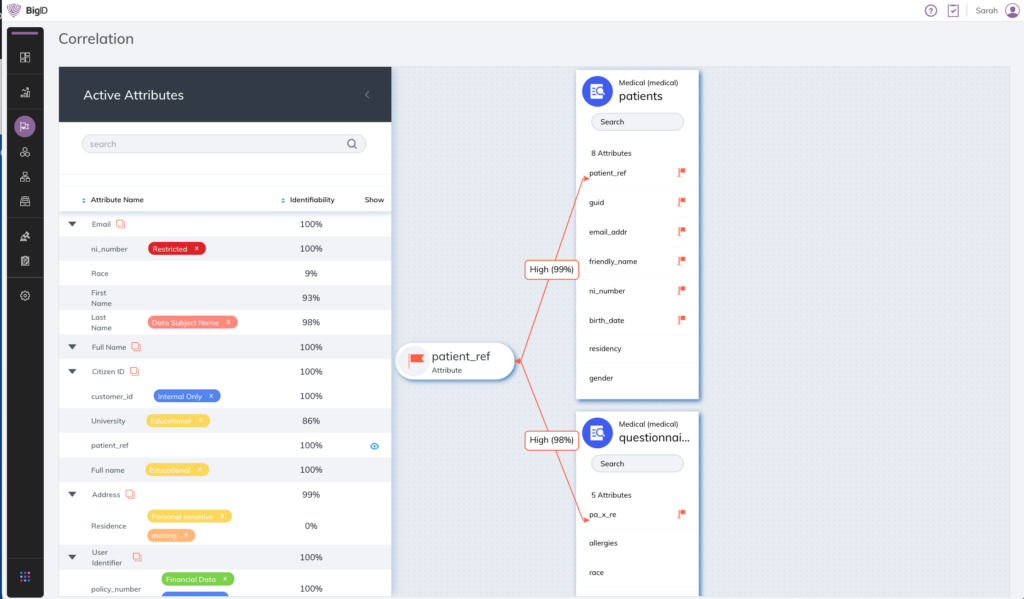
El mandato de NY SHIELD de que las empresas cubiertas incorporen “garantías administrativas razonables” les exige:
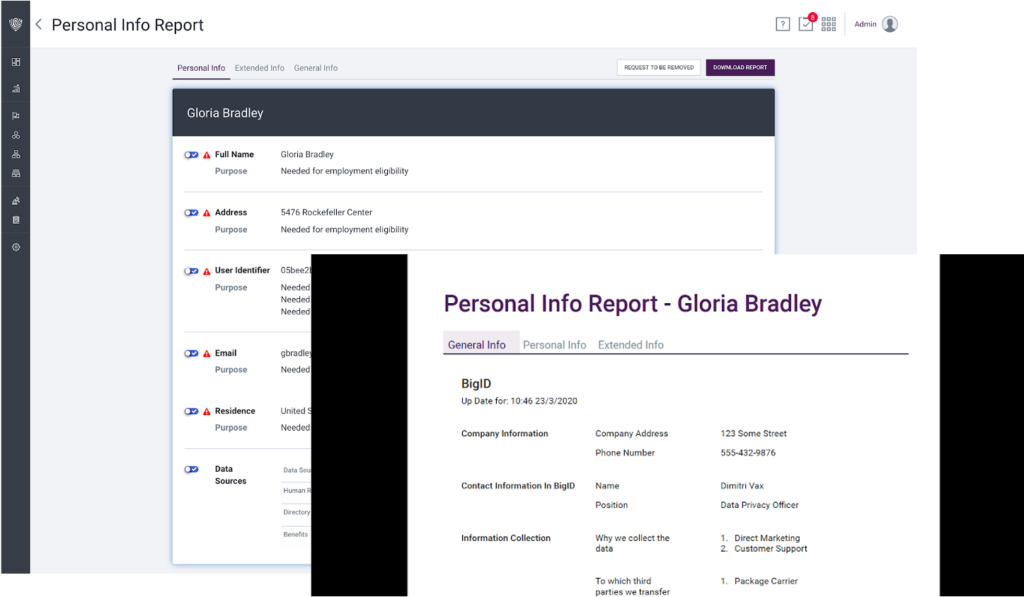
Las “salvaguardias técnicas razonables” bajo NY SHIELD requieren que las organizaciones:
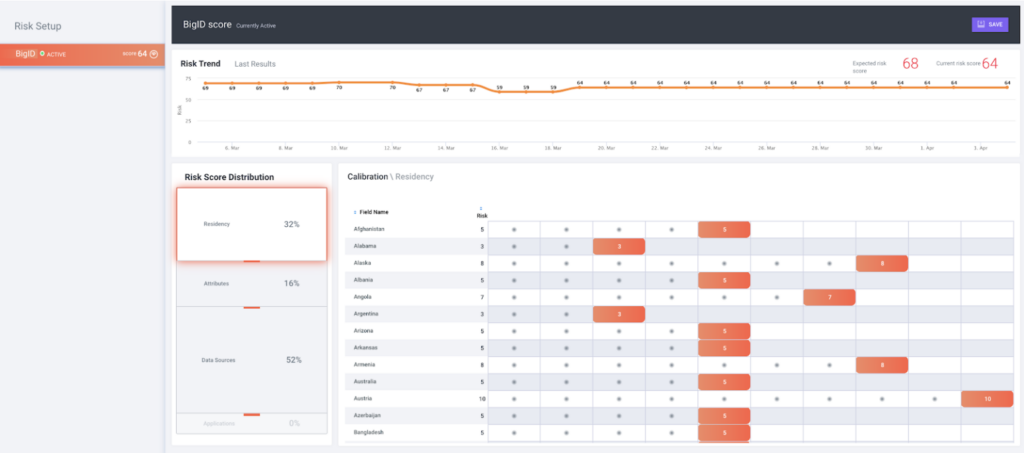
Para mantener las “protecciones físicas razonables” reguladas por NY SHIELD, las empresas deben:
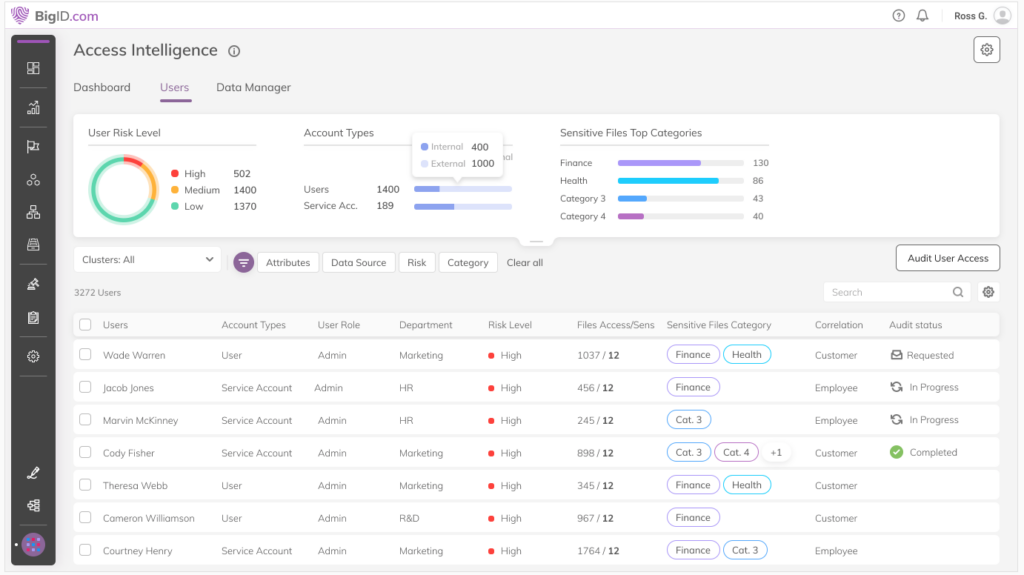
Las violaciones al cumplimiento de NYSHIELD, que son aplicadas por el Fiscal General de Nueva York, pueden resultar en una multa civil de hasta $5,000 dólares por violación.
Para evitar sanciones financieras y daños a la reputación que enfrentan las empresas infractoras, las empresas deben automatizar informes efectivos sobre los controles de seguridad.
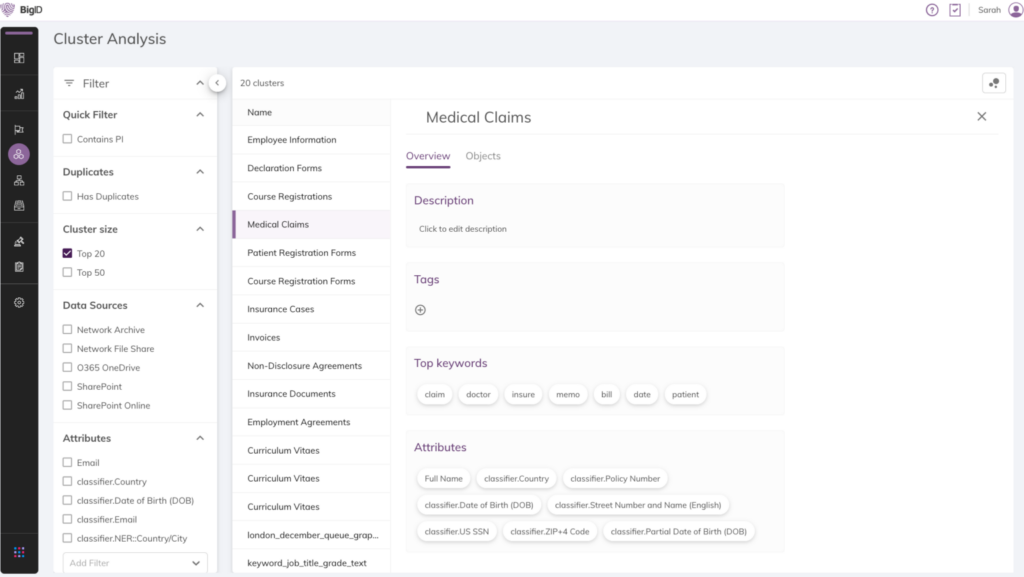
Encuentre e inventarie su información privada y datos de alto riesgo para obtener una visión clara y completa de todos los datos que almacena y mantiene, no solo los datos que conoce.
Determine con precisión cómo se relacionan los identificadores como el número de cuenta, las contraseñas y los datos biométricos con un individuo y vea las relaciones de los datos en una única vista de catálogo.
Priorice sus datos de mayor riesgo, marque los flujos de datos que representan un riesgo, monitoree continuamente la actividad y acelere las notificaciones de infracciones en caso de un incidente.
Aplique técnicas avanzadas de aprendizaje automático que puedan inventariar automáticamente información privada hasta el nivel individual (por residencia, sensibilidad, riesgo, clasificadores personalizados y más).
Descubra toda la información privada y regulada que se encuentra bajo NY SHIELD, donde sea que se almacene en la empresa.
Adopte un enfoque basado en ML para clasificar, etiquetar y descubrir automáticamente relaciones entre datos regulados y de alto riesgo.
Remediar datos sensibles y regulados de NY SHIELD, y gestionar datos de alto riesgo con flujos de trabajo de remediación y registros de auditoría.
Obtenga una demostración personalizada con nuestros expertos en privacidad, protección y perspectiva de datos, y vea BigID en acción.
